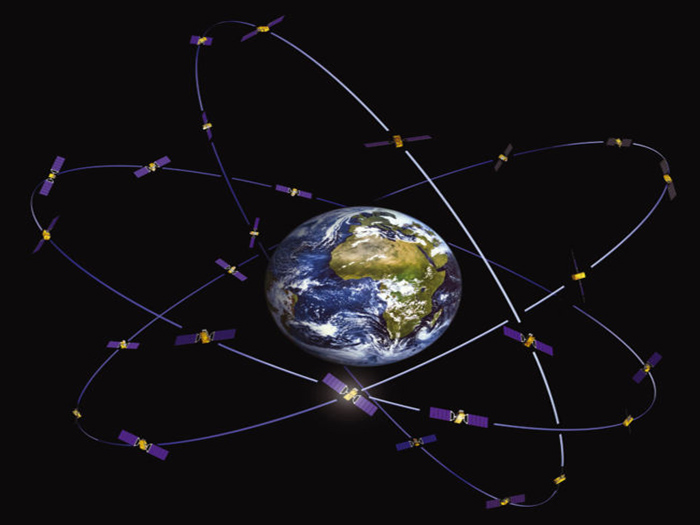EU GPS killer satellites on the skids again
Commercial doubts mean Galileo will not go ahead as planned

Exactly two weeks ago we were reporting how the European Commission was assuring the world that its Galileo satellite system was definitely going to become a real alternative to the American GPS. Today, we hear that the Commission has thrown its hands up in disgust after the private firms involved failed to work out what it is they actually need to do.
The result is that Galileo - if it goes ahead at all - will need to be funded by public money, rather than the two-thirds-private schema previously agreed upon.
Unexpected competitors
At the heart of the dispute between the eight companies in the Galileo consortium appears to be the growing realisation that new-kid-on-the-block satnav systems from both China and Russia and an unforeseen upgrade to the US GPS network are likely to make Galileo an economically uncompetitive option after it is in place and in need of commercial contracts.
The Commission had set a 10 May deadline for the consortium to get its house in order - something that clearly is now not going to happen, leaving public funding the most likely option for the troubled satellite scheme.
According to the IHT , on Wednesday EU spokesman Michele Cercone admitted: "To date, none of these conditions have been met and we think that the current scenario to put Galileo into place cannot work the way we want it."
Although all is not lost - alternative plans are due next week - there is a genuine risk that Galileo will end up on the scrapheap after eight years of planning.
Sign up for breaking news, reviews, opinion, top tech deals, and more.
J Mark Lytle was an International Editor for TechRadar, based out of Tokyo, who now works as a Script Editor, Consultant at NHK, the Japan Broadcasting Corporation. Writer, multi-platform journalist, all-round editorial and PR consultant with many years' experience as a professional writer, their bylines include CNN, Snap Media and IDG.